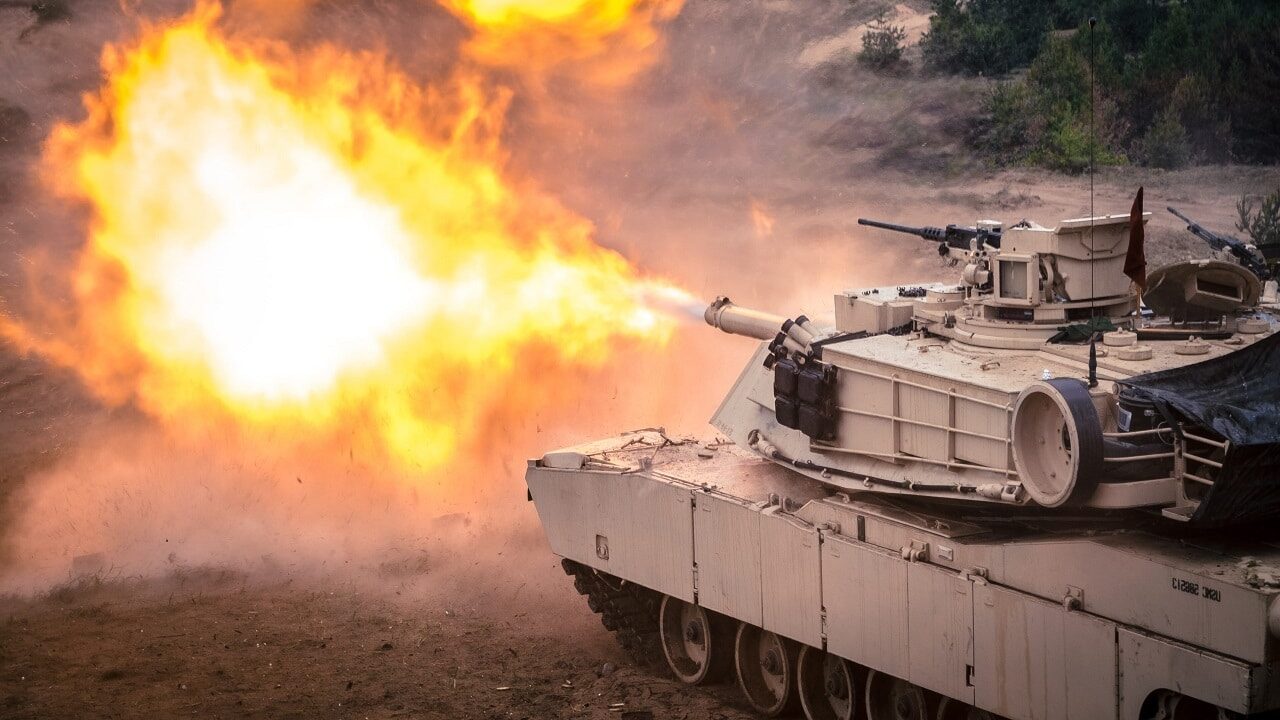This month, Secretary of State Antony Blinken stirred up controversy when he told reporters that Ukraine will become a NATO member in the future. Some American commentators denounced this as “reckless rhetoric.” Many critics believe that further pledges of support will prevent an hasty end to the war with Russia, which they consider the United States’s principal interest in the conflict.
Much of this criticism of Blinken, however, is overwrought. Western leaders are not seriously proposing that Ukraine will become a NATO member while the war is ongoing. In fact, last year’s Vilnius Summit Communiqué clearly said that the alliance will only “be in a position to extend an invitation to Ukraine to join… when Allies agree and conditions are met.” Despite critics’ fears, Ukraine still has a long, long road to travel before entering NATO.
At the same time, though, his critics are correct to label Blinken’s statement somewhat reckless. While the sentiment is altogether fitting and proper, the Biden administration has shown very little willingness to provide Ukraine the kind of support she really needs to win this war and meet the aforementioned conditions. If this administration is serious about expanding NATO, it also needs to get serious about achieving a real victory in Ukraine.
From the earliest days of the war, the Biden administration dragged its feet on supplying Ukraine with the resources she could use to turn the tide. While President Biden was making inspiring speeches about solidarity with the Ukrainian struggle in the spring of 2022, he was hypocritically vetoing Polish plans for a transfer of MiG fighter planes to the embattled country. The administration claimed that such a move would be too “high risk.” Even though Vladimir Putin had launched the largest military conflict in Europe since World War II, the Biden administration was too afraid of “escalating tensions” with Russia to give Ukraine a serious battlefield advantage when she needed it most.
Of course, the administration reversed its position about a year later and permitted the transfers. One is left to wonder, what if Ukraine had those planes earlier in the war? What if the United States had given her other key offensive weapons? Instead of the desperate trench warfare characterizing the frontlines today, could the Ukrainians have established air superiority and beaten back the Russian invasion force? It may be impossible to say, but it is certainly true that the administration has only been giving Ukraine just enough support to keep fighting without winning.
Biden’s defenders might claim that this pattern is fueled by Republican opposition to supporting Ukraine. While GOP isolationists such as Congresswoman Marjorie Greene (R-GA) or Senator Rand Paul (R-KY) may be a thorn in the side of a strong foreign policy, President Biden has done himself little favors on Capitol Hill. Rather than negotiate with Republicans in good faith and offer genuine concessions on other issues to secure aid for Ukraine, he and his Democrats have tried to turn the war into a political football. This negative polarization only makes achieving a consensus on America’s national security interests more difficult, and Ukrainian victory therefore less likely.
Biden’s double-mindedness on Ukraine is also manifest in his half-hearted attempts to economically isolate Russia. While the sanctions he has imposed on Putin’s regime are partially succeeding, other administration policies undercut the effect. Earlier this year, for example, President Biden caved to environmentalists and halted approvals for permits to export liquefied natural gas. This hurts Ukraine by making Europe more reliant on Russian energy, practically funneling billions of dollars into Putin’s war machine. This administration seems to be actively seeking out rakes to step on.
While Blinken’s verbal commitment to Ukrainian NATO membership is very welcome, the administration needs to be doing much more to make that possibility a reality. For too long, they have put their domestic agenda and liberal ideology ahead of Ukrainian victory. Biden should work with Republicans and make passing a national security supplemental his top priority, even if it upsets his far-left base.
U.S. inaction is making the situation at the front worse and worse. Ukraine urgently needs more arms and ammunition America could provide. The New York Times recently reported that artillery troops have been referring to the shortage as “shell hunger,” and that they are forced not to use certain vital weapons because they simply do not have the ammo to fire. The kind of material aid that could alleviate these kinds of problems is far more important than diplomatic pledges, heartwarming though they may be.
Eastern Europe will only be at peace when Putin’s invasion is unambiguously defeated. The United States and NATO both have an important role to play in supporting Ukraine as she fights for that goal. But they can only do that if their leaders step up and face a simple truth: The one really reckless thing to do right now would be letting Ukraine lose.
About the Author
Michael Lucchese is a Krauthammer Fellow at the Tikvah Fund, and the CEO of Pipe Creek Consulting.

